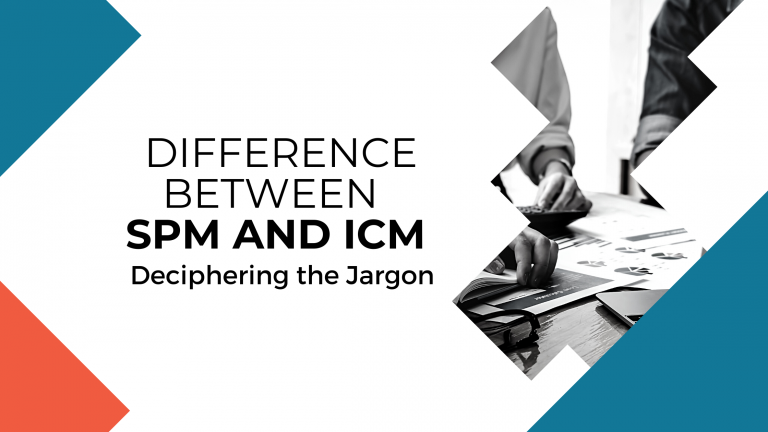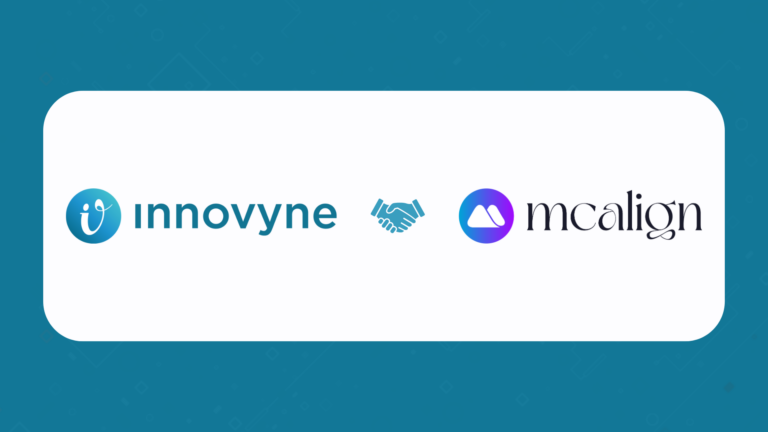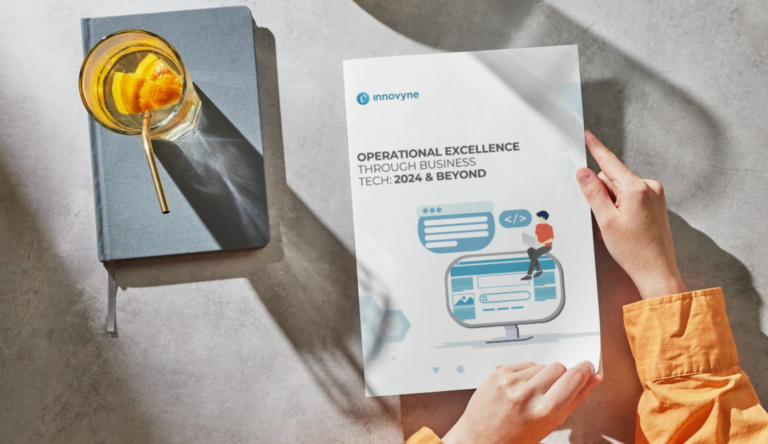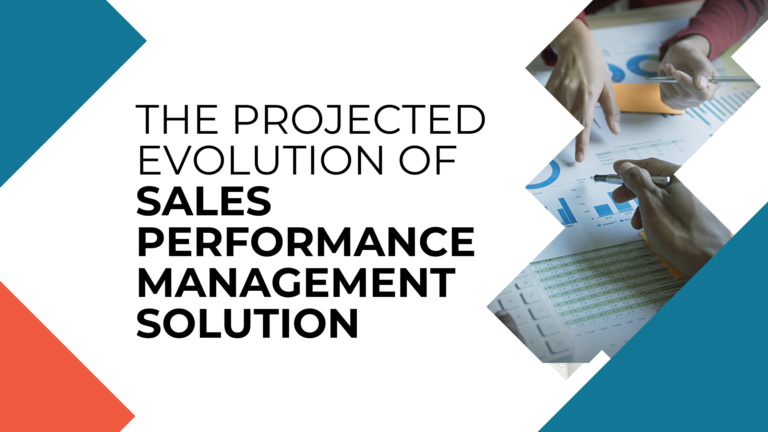In the ever-evolving world of sales, jargon can sometimes become an obstacle in understanding and implementing effective strategies. Two such terms that often get used interchangeably, but denote different concepts, are Sales Performance Management or SPM and Incentive Compensation Management or ICM. Both can play a crucial role in building a successful sales organization, but understanding the nuances between them can make the difference between a good sales strategy and a great one.
In this article, we aim to demystify these two terms for you, highlighting their core components, their benefits, and most importantly, their differences. Whether you’re a small business owner looking to build your sales team from the ground up or a seasoned enterprise leader aiming to refine your sales operations, this comparison of SPM and ICM will provide the clarity you need to walk the walk and talk the talk. Let’s unravel the confusion and explore the similarities and differences between SPM and ICM in driving sales performance.
SPM and ICM: A Landscape Overview
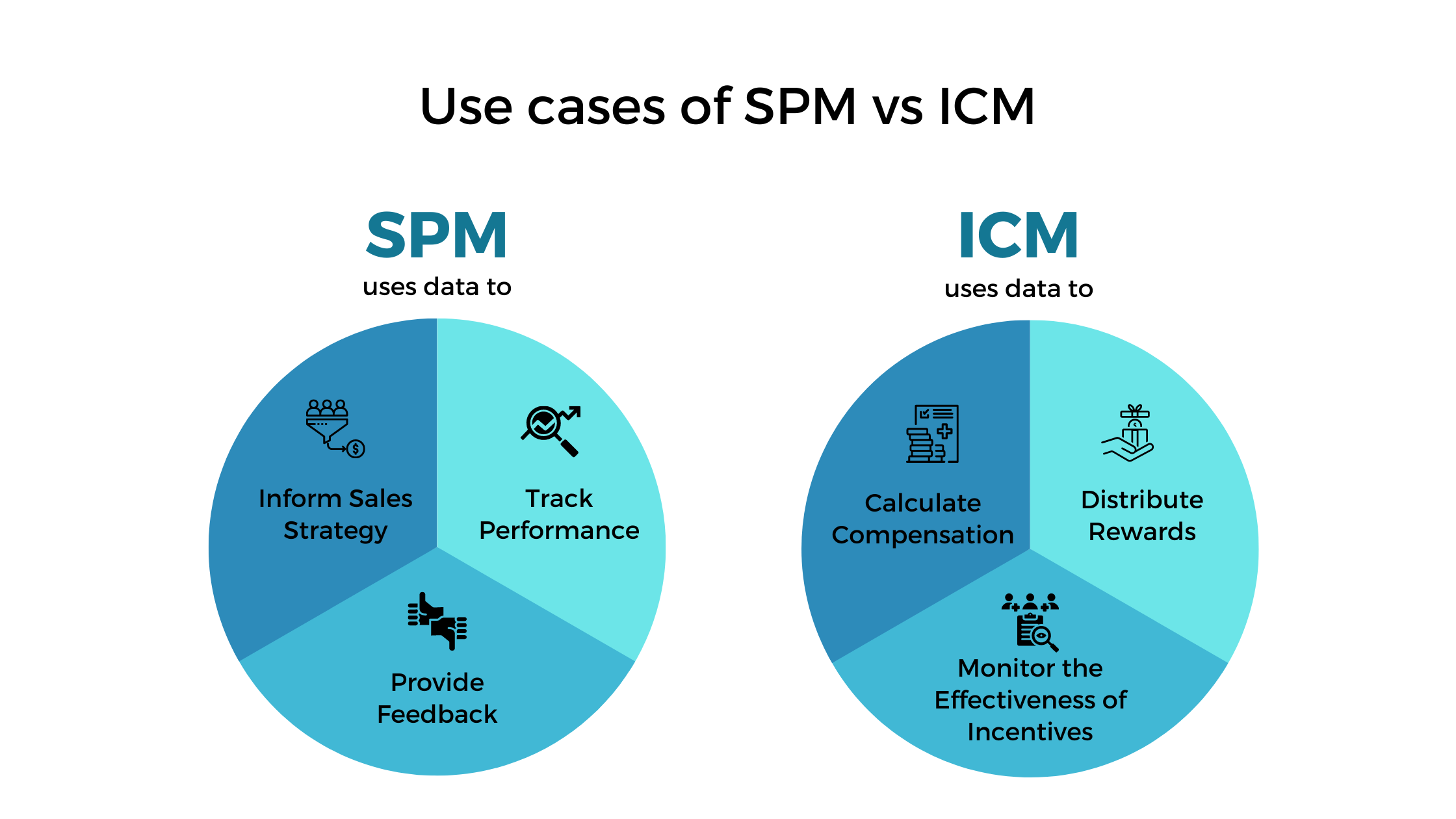
Sales Performance Management (SPM) and Incentive Compensation Management (ICM) are two crucial elements of sales strategy, each playing a distinct role in driving your sales team’s success. While they may overlap in some areas, understanding their individual components and purposes can illuminate their unique contributions to the overall sales process.
So, what is SPM exactly?
SPM is a comprehensive approach to driving sales performance that extends beyond just compensation. It focuses on the holistic performance of your sales team, encompassing elements such as goal setting and forecasting, coaching and development, analytics and reporting, and performance evaluation. However, as implied by the name, this broad field of optimizing sales performance also includes incentive compensation management. The end game of SPM is not just to monitor sales performance, but to guide and improve it. When implemented effectively, SPM can enhance productivity, boost sales, and improve customer relationships.
Main Components of SPM
Goal Setting and Forecasting: SPM begins with clear objective setting, which aligns individual, team, and organizational sales targets. This aspect of SPM also involves sales forecasting, territory management, and planning, which helps to predict future sales performance based on various data inputs. These activities not only set the stage for what the sales team should achieve, but also provide a benchmark against which performance can be measured.
Sales Coaching and Development: SPM emphasizes the importance of ongoing training and development for sales representatives. By identifying the strengths and weaknesses of each team member, managers can provide personalized coaching to improve skills, enhance productivity, and drive sales outcomes. This component ensures that the sales team is continually growing and adapting to new market conditions.
Sales Analytics and Reporting: Using advanced analytics and reporting tools, SPM can offer valuable insights into sales performance at both the individual and team levels. These analytics can uncover patterns, trends, and areas of opportunity or concern, allowing for informed decision-making and strategic adjustments.
Performance Evaluation & Management: The final component of SPM is performance evaluation and management. This is where incentive compensation management fits into SPM. By designing the right compensation models and providing appropriate management tools, both managers and sales reps are able to review their achievements against their goals, plan better, and identify opportunities for improvement.
In essence, SPM provides a comprehensive framework for managing and enhancing sales performance, from setting objectives to evaluating results. It’s about creating a culture of continuous improvement and achievement, ensuring that the sales team is well-equipped, well-directed, and well-motivated to succeed.
Learn more : What is Sales Performance Management? ( 3 main capabilities of SPM)
What is ICM?
ICM or Incentive Compensation Management is a subset of SPM that is focused primarily on planning, managing, calculating, and distributing compensation. The key goal of ICM is to incentivize and reward the right behaviors and sales results. By carefully managing and optimizing incentive programs, businesses can encourage better performance, enhance sales team morale, and align individual objectives with company goals. ICM solutions also improve operational processes surrounding the administration of compensation.
While the components of SPM and ICM may overlap, their focus and outcomes differ. SPM is a strategic, broad, and long-term approach, encompassing the entire sales process. ICM, meanwhile, has a narrower focus on compensation as a means of motivating sales results and improving operational efficiency.
Main Components of ICM
Compensation Planning: This involves creating a comprehensive and competitive compensation plan that encourages salespeople to perform at their best. It requires understanding market standards, sales roles, performance metrics, and business objectives.
Incentive Management: This component includes defining, implementing, and adjusting incentive programs that drive sales performance. The right incentives should be aligned with the company’s goals and the individual’s performance metrics, ensuring they are both motivating and achievable.
Commission Calculation: Accurate and timely commission calculation is a critical aspect of ICM. This involves setting fair commission rates, accurately computing the payouts based on the salesperson’s achievements, and, ideally, making the whole process transparent and easy to understand.
Payout Distribution: This involves the timely and accurate distribution of incentives to the sales team, ensuring transparency and fostering trust within the organization.
Comparing ICM and SPM
| Sales Performance Management (SPM) | Incentive Compensation Management (ICM) | |
|---|---|---|
| Goal | Sales Performance Management (SPM)Broadly aims to improve overall sales performance and efficiency. | Incentive Compensation Management (ICM)Specifically aims to motivate and reward salespersons via calculated incentives. |
| Primary Components | Sales Performance Management (SPM)Involves setting & forecasting goals, coaching & developing salespeople, implementing analytics & reporting, and performing evaluations. | Incentive Compensation Management (ICM)Primarily concerned with planning compensation, managing incentives, calculating commissions, and distributing payouts. |
| Use of Data | Sales Performance Management (SPM)Uses data to inform sales strategy, track performance, and provide feedback. | Incentive Compensation Management (ICM)Uses data to calculate compensation, distribute rewards, and monitor the effectiveness of incentives. |
| Impact on Sales Team | Sales Performance Management (SPM)Improves skills, productivity, and alignment with strategic goals. | Incentive Compensation Management (ICM)Boosts motivation, satisfaction, and performance through financial rewards. |
| Sales Performance Management (SPM) | Incentive Compensation Management (ICM) | |
|---|---|---|
| Goal | Sales Performance Management: Aims to improve overall sales performance and efficiency. | Incentive Compensation Management: (ICM)Specifically aims to motivate and reward salespersons via calculated incentives. |
| Primary Components | Sales Performance Management (SPM): Involves setting & forecasting goals, coaching & developing salespeople, implementing analytics & reporting, and performing evaluations. | Incentive Compensation Management (ICM): Primarily concerned with planning compensation, managing incentives, calculating commissions, and distributing payouts. |
| Use of Data | Sales Performance Management (SPM): Uses data to inform sales strategy, track performance, and provide feedback. | Incentive Compensation Management (ICM): Uses data to calculate compensation, distribute rewards, and monitor the effectiveness of incentives. |
| Impact on Sales Team | Sales Performance Management (SPM): Improves skills, productivity, and alignment with strategic goals. | Incentive Compensation Management (ICM): Boosts motivation, satisfaction, and performance through financial rewards. |
How to decide between SPM and ICM

The choice between integrating a comprehensive SPM solution or starting with an ICM system depends on several factors. These include your business goals, the size and structure of your sales team, the complexity of your sales process, and the resources available for managing sales performance. For instance, if you’re looking to boost overall sales efficiency and skill sets, an SPM system may be more fitting. However, if faster remuneration or increased motivation through financial incentives is a priority, then an ICM system would be more suitable.
Business size can also influence the choice between SPM and ICM. Larger organizations with complex sales structures and processes may benefit from a comprehensive SPM system, which can help manage diverse sales teams and align them with strategic goals. Of course, a comprehensive SPM system would include an ICM solution, on top of all the other components. Conversely, smaller businesses with simpler sales processes might find more immediate value in an ICM system, which can quickly incentivize and motivate sales staff, as well as dramatically improve all operational processes related to administering compensation.
Find the Right Partner
Consulting firms like InnoVyne can provide valuable guidance in choosing the right approach for your business. With extensive experience in all things Sales Performance across a variety of industries, InnoVyne can help you assess your unique needs, recommend the most fitting system, and assist in its implementation. Furthermore, we can help optimize your chosen system over time, ensuring it continues to support your business as it grows.
In conclusion, choosing the right approach depends largely on your specific business context and needs. Whether you integrate a comprehensive SPM system or start with an ICM solution, the key is finding a system that effectively promotes the changes you need to see in your business.
For more on the total economic impact of an SPM solution, including the expected ROI, check out our whitepaper…

